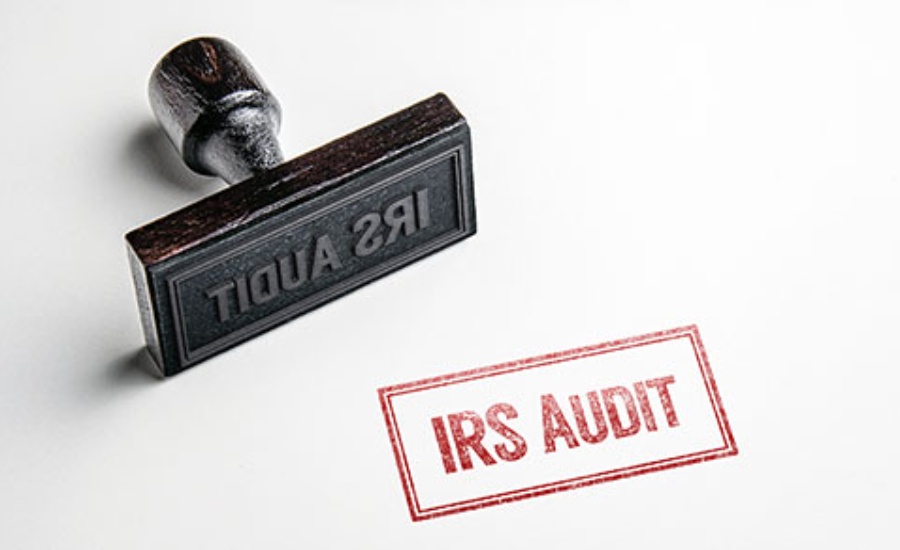Five Time-Sensitive Actions to Take Upon Receiving a Notice of Selection for Examination.
Due to the IRS’s increased focus on enforcement, many partnerships may be subject to their first IRS audits under the new, complicated partnership audit rules. Under these rules, the partnership is responsible for paying an entity-level tax known as an “imputed underpayment” (IU) on any changes made unless certain steps are taken. If partnerships and their representatives do not take these steps, they could hold current partners responsible for paying the tax, even if they did not serve as partners during the year under audit. Partnerships and their representatives need to make critical, time-sensitive decisions to ensure exact tax payments and compliance with intricate rules.
Within 30 days of receiving a notice of selection for examination (NOSE), here are the five actions that a association or its representative should take:
- By identifying the Partnership Representative, you can decide if a change is necessary. In a partnership audit, the partnership representative (PR) has broad authority. The PR has the option of extending the statute of limitations, contesting the changes, or settling with the IRS. Regardless of any restrictions in the partnership agreement, the PR’s actions bind the partnership and the partners. When the association receives the NOSE, it should identify the PR and decide whether a change is necessary. It is typical to change the PR if they are no longer a partner. Current partners prefer a PR who ensures audit-year partners pay taxes.
- Examine the Tax Return Under Audit and Think About Filing an Administrative Adjustment Request. Partnerships have a small window after the NOSE to submit administrative changes request (AAR) to fix issues. In order to correct a mistake, the partnership may want to submit an AAR because it can distribute the changes to the audit-year partners without the partners having to pay “hot” interest. It can lessen the imputed underpayment by taking into account the partners’ tax positions without the IRS’s approval.
- Please refer to the Partnership Agreement. It is common for partnership agreements to stipulate that the partners must be informed of audits. For notice requirements and other audit-related obligations or restrictions, the PR should consult the partnership agreement.
- Determine whether to revoke an “Election Out.” Partnerships may opt out of audit rules, allowing direct partner audits instead of through the partnership. After getting the NOSE, the partnership can revoke the election (with the IRS’s permission). If the partners don’t want to be audited directly, if the partnership wants to control the audit, or if the partnership doesn’t want to give the partners full access to its books and records, the partnership may want to revoke the election.
- Consult with an outside tax advisor. Both taxpayers and IRS agents are unknown with the complicated partnership audit rules. As a result, partnerships and their representatives should take certain steps to protect themselves. For instance, they should consult with outside counsel to help them avoid any potential conflicts of interest, as well as protect any privileges that may be present. Additionally, outside counsel can help navigate the many traps for the unwary in these rules.
The tax laws are very complex. Our short blog articles cannot fully cover all the rules and nuances. Your specific facts may hold various opportunities and possible risks that only trained, experienced, and highly qualified tax specialists can spot. We encourage you to find such help, rather than trying to figure it all out alone. Consider trying this marketplace by posting your project and signing up here.
Licensed tax professionals who are interested in helping others either part-time, full-time, or ad hoc are welcome to join in! Happy to have you. Our marketplace has the full suite of tools to communicate with clients including compliance calendars, task and message management, and billing. You can also quickly connect to knowledgeable colleagues who can complement your services with the ones you do not provide. Register here.









1 Comment
Navigating IRS Audits for Partnerships under Ne...
[…] Partnerships under new procedural rules may face IRS audits, which require time-sensitive actions upon receiving a notice of selection for examination. Failure to comply could result in current partners being responsible for paying taxes even if they weren't partners during the year under audit. Learn about the key actions partnerships and their representatives need to take to ensure compliance and accurate tax payments. […]